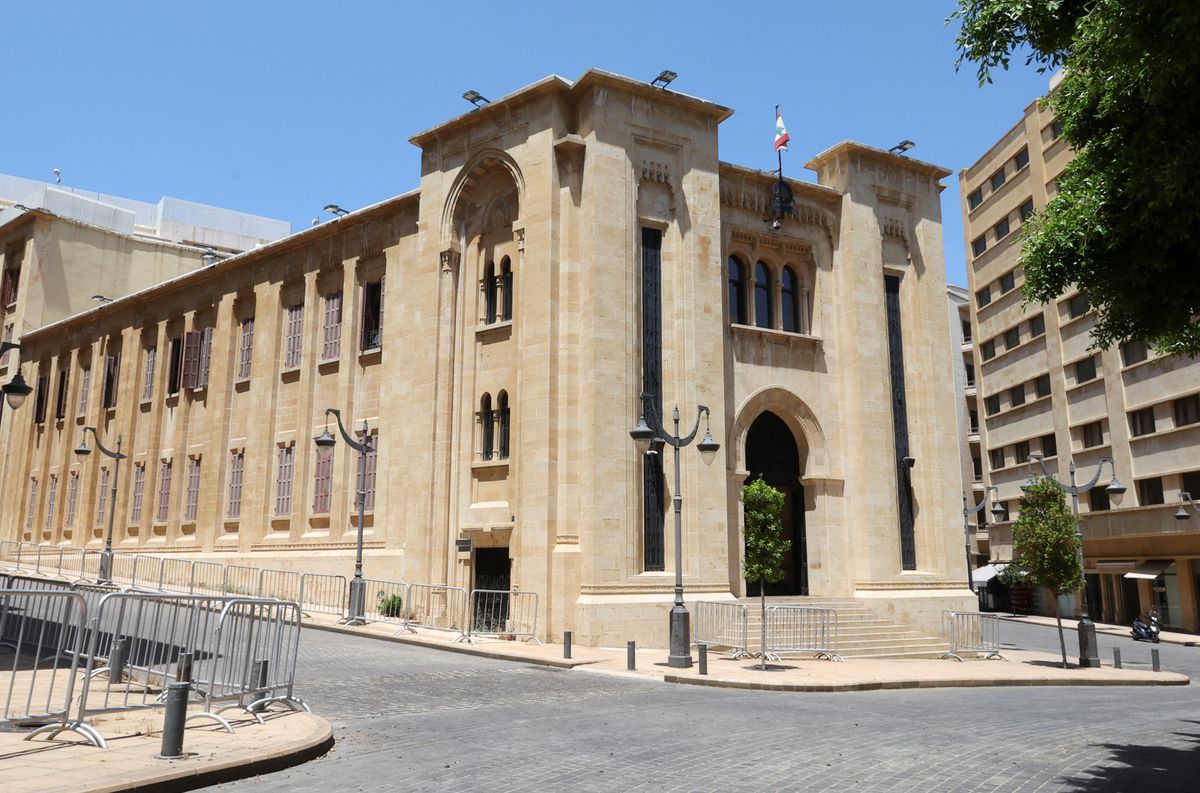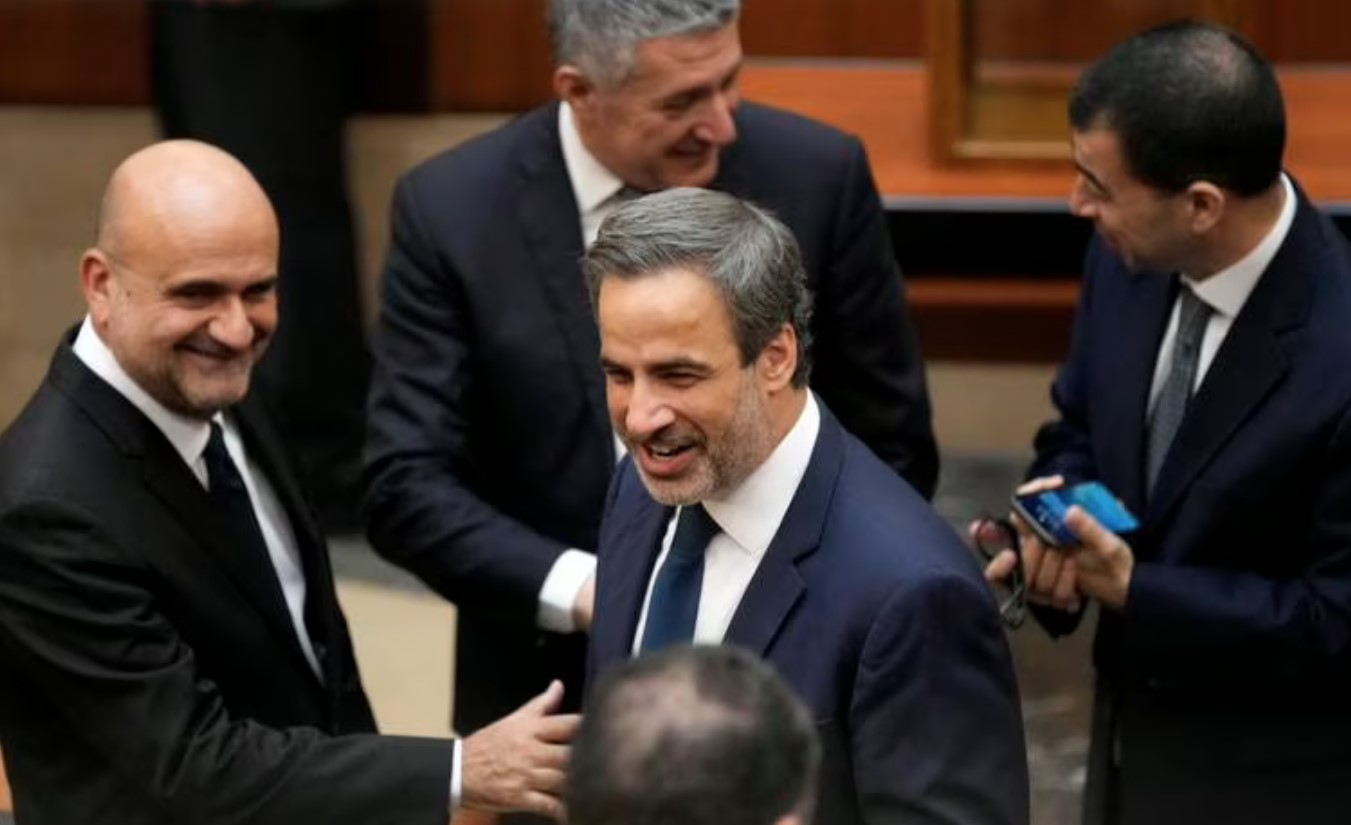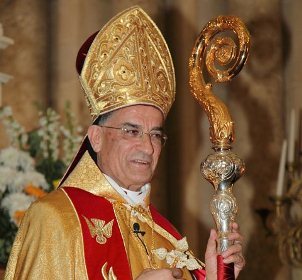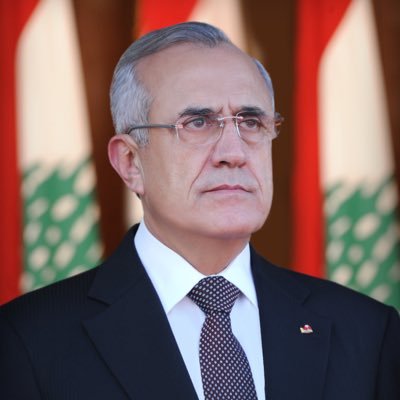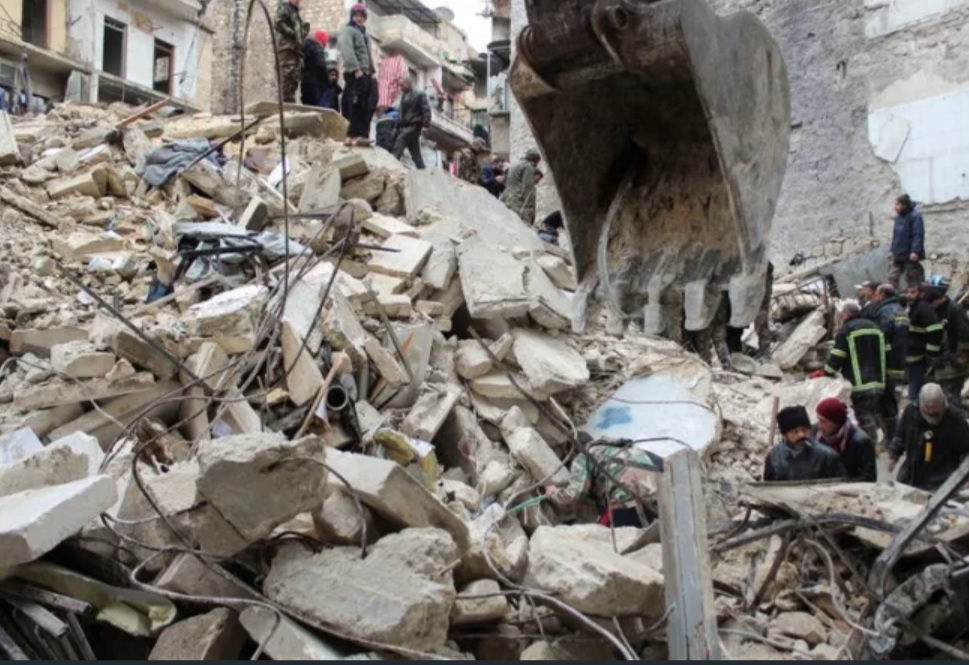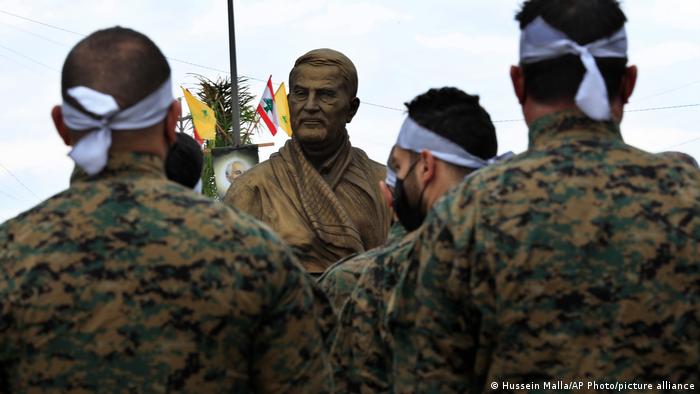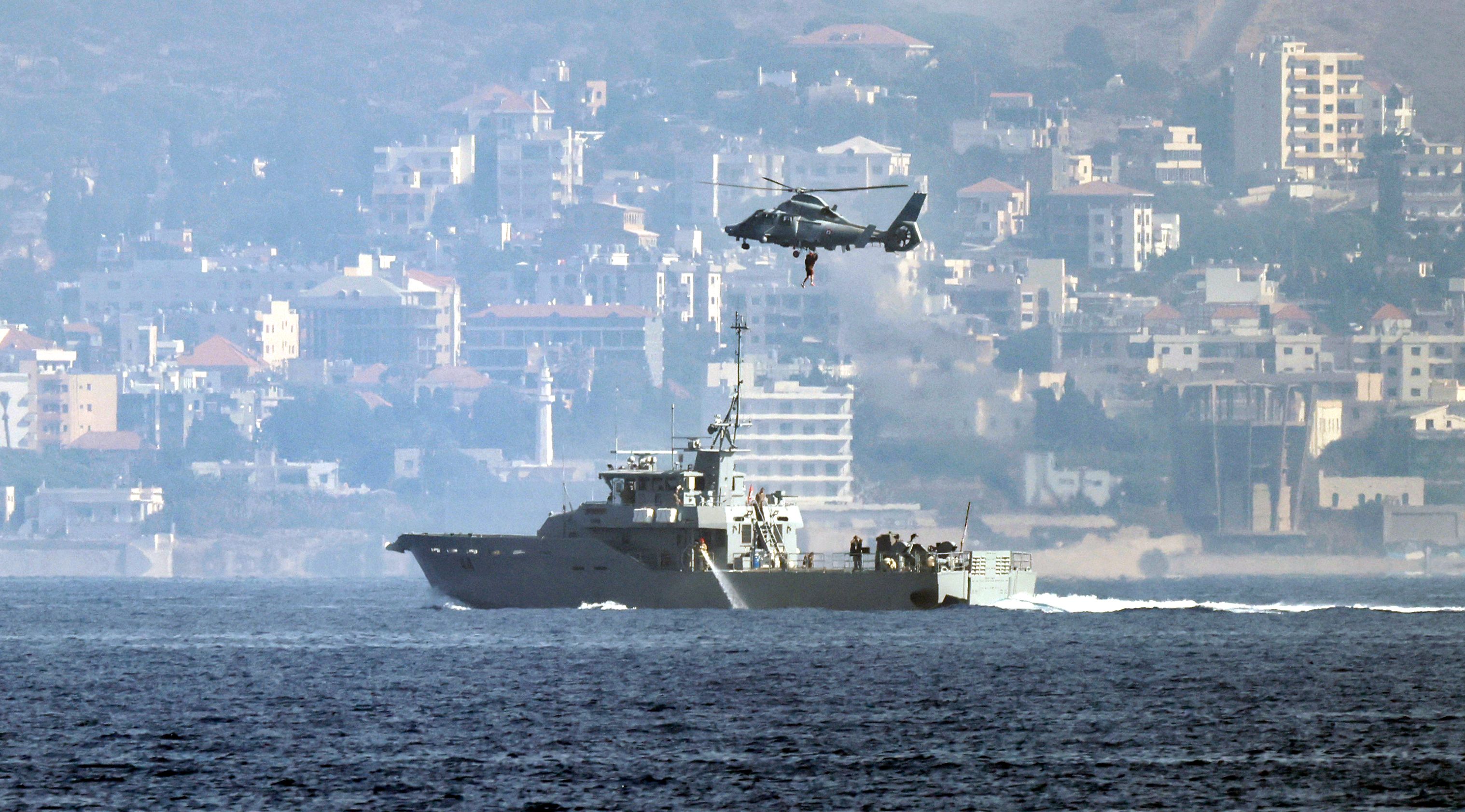
By Najia Houssari — Arabnews.com –– BEIRUT: The outlook for Lebanon’s Qana gas field project appears promising, caretaker Energy Minister Walid Fayyad said on Friday as authorities race against time to resume exploration work after demarcating the maritime borders with Israel in October. Fayyad visited the Janus 2 ship at Beirut port, brought by TotalEnergies and its partners Eni and QatarEnergy to complete environmental surveys of the offshore Block 9 in the exclusive economic zone in preparation for oil and gas exploration. “We expect positive results from the survey, but we must be realistic and await discovery,” Fayyad said. During the past few days, Israel announced the start of its commercial production in the Karish field. The Janus 2 has completed an eight-day mission during which it collected images of the seabed, and took samples of water and sediment. It also monitored marine life in the area, providing data for an environmental impact assessment study, an essential step before drilling under international and local law.
The Lebanese are pinning their hopes on a successful exploration that will unlock oil and gas reserves worth billions, helping to revive the country’s faltering economy. The local currency has lost over 120 percent of its value during the past three years. The pound fell to 82,000 to the dollar on Friday, a day after protesters attacked banks and blocked roads in a display of anger over the deteriorating economy and sharp rises in the price of essential items.
